The Ghosts of Holly Shelter
- Brent Livingood

- Apr 10, 2019
- 7 min read

I have my ghost stories. We all have them.
When I was a teenager, fourteen years old or so, I was out with a collection of friends looking for the specter of a tormented soul. It was October, several days before Halloween, and had rained earlier in the day, not much but enough to get everything slick and colder feeling. The sky was uncannily backlit by a near full-moon with brooding clouds casting the umbra of wraithlike tree. Accosted by poor choices, the crisp wind brought mid-autumn goosebumps. Leaves flurried down from the trees, caught in currents and drafts making them look like life rafts floating between worlds.
We had parked behind a haunted house, or so the older kids had told me, and hiked through the steep wooded backyard, crunching leaves with every step. The backside of the house was too dark, shaded by every moon-born shadow imaginable in the scarce cloud-breaks. We placed our hands on the side of the abandon house. Maybe we thought by touching the house we could invoke the spirit world and draw out the ghost. Or maybe, and probably more likely, we wanted to show everyone we weren’t chicken. It was there, while touching the house, the oldest boy, whose name I have long since forgotten, told us the story. Like every ghost story, it had something to do with loss and grief, a tortured soul, inconceivably anguished. But being in Chattanooga, it, of course, had something to do with the Civil War. As the story went, a mother had placed a candle every night in the window hoping her long lost Johnny Reb would find his way home. After years of waiting, she died brokenhearted, and, here is the ghost-story part, to this day you can sometimes see the lit candle moving from one room to another.
Around to the front of the house our adolescent troop of blue-jean-jacket wearing ghostbusters went. The house was certainly creepy: busted-out windows, lopsided shutters, broken-down doors, perfectly dark and miserable-looking. It stood at the end of a dirt road like a penny slipped from a person’s pocket as equally unmissable as it was of consequence. This was exactly the kind of house ghost hunters and paranormal investigators would try to avoid.
We watched, fixated on every window, waiting for the candle light to appear, proof of the ghost. And then, as if on cue, every one of my friends started saying, “There it is.” And then another friend would point to another room and say, “Look, it moved to that room.” Then collectively everyone would say, “Oh my God, Oh my God.” And that’s the way the next fifteen minutes or so passed. But I stood there looking and not seeing. Despite all my friends seeing the ghost’s candle light, I didn’t.
The older boy, the one who told the ghost story, turned to me and asked, “Brent, don’t you see it?”
“Oh yeah, man,” I said, “I see it. Let’s get out of here,”

Now that I am three times older than my teenage-self, I can say with confidence that no one saw a ghost that night. But that’s not to say I don’t believe in ghost. I just believe in a different kind of ghost story. These are the ghost stories only I can see; the ghost stories only you can see. They are the stories of brokenness and heartbreak; the stories of failure and regret; the stories of unmet expectations and withheld blessings; they are the stories of, like a ghost, becoming more and more invisible, throwing away splinters and shards of our souls with the indifference of hauling the trash to the curb. And we do this in a world that caterwauls “Look at me, Mom. Look at me. Look.”
The last few weeks, I’ve been going to a botanical garden in Wilmington. The tulips were a towering surprise. Magnolia tree blooms were magnificent. The azaleas were alluring. By the plain use of the word, the flowers were beautiful. And while I love photographing the gardens (and I will again), I sometimes wonder if they measure up to a theological notion of beauty. This sort of beauty doesn’t scream for attention; it isn’t self-absorbed; beauty in the theological sense points to something beyond itself. But the flowers, plants, and trees in the botanical garden seem like a man on a first date, hiding the fact that it took hours of shopping, trying on different outfits, and standing before a mirror fixing hair over and over again until he’s satisfied with some version of perfection. And the photographs I ended up with were worse. They could have been a slick, glossy-fashion-magazine cover prostituting themselves: “What about a dalliance in my flower bed, Sugarplum?”
Is this really what we want to call beautiful?
“Beauty,” according to John O’Donohue, “is such an attractive and gracious force precisely because it is so close to the fractured side of experience. Beauty is the sister of all that is broken, damaged, stunted and soiled….Beauty dwells in the palace of broken tenderness.”
Our minds are a warehouse of these sorts of haunted memories and thoughts, like a cursed diamond. As The Black Crowes poet sings, “I want to shine for you/ I want to sparkle too/ Just like a diamond cursed.”
What a tremendous act of self-love and grace we can give ourselves by acknowledging our hidden beauty, the brokenness in our lives that sparkles evermore brightly because we are secretly shattered. These are our ghost stories and haunted memories; this makes us beautiful, a beauty the world doesn’t understand, a beauty the world can’t see.
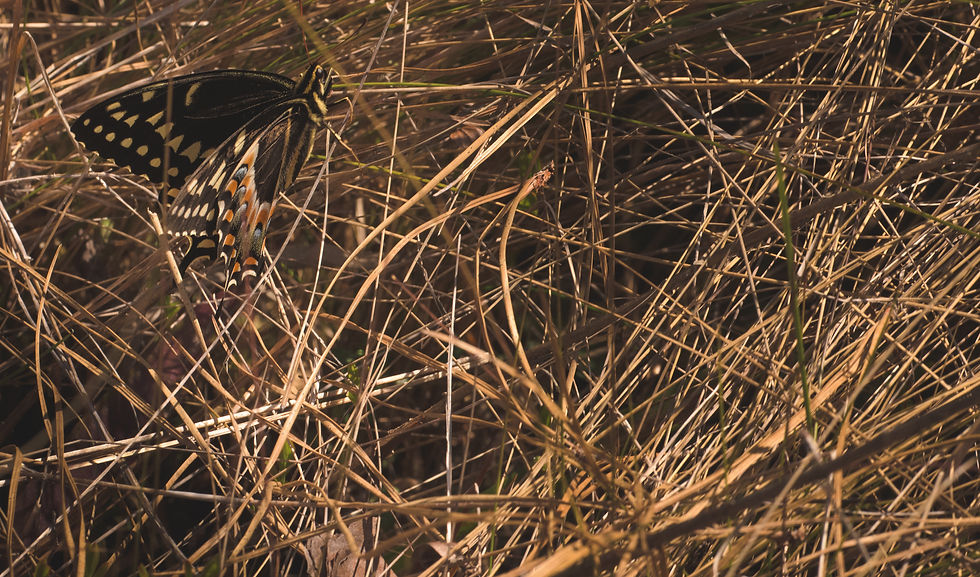
After being made deaf by all the tulips and magnolia tree blooms screaming, “look at me, look at me,” I went to the woods, miles from a paved road. This is a place I’ve written about numerous times, the Holly Shelter Game Land just behind my house. I parked Beans (Beans is the name of my truck) and hiked at least a mile to find haunted wildflowers. I’m not sure why folks call this a game land when every foot step is a perfect mixture of water and soil – seems hardly worthy of the word “land.” The grasshoppers were thick and butterflies danced their chaotic strut, a dragonfly with a broken wing landed just before me and posed. And then, one by one, I found several wild irises, Walter’s asters, some sort of thistle plant, pitcher plants, bog buttons, and white, yellow, and purple dimple-sized flowers that I’ve always called buttercups.
The wildflowers were tiny, some as small as half the size of a penny. Most of them were blanketed with pine straw or had tall grasses tucking them away. None of them were screaming for my attention. And me, with my camera, I wasn’t a botanical paparazzi, not like I was in the arboretum. I was like a portrait photographer taking pictures that no one else would find exceptional except a family that will pass the images down from generation to generation. The wildflowers were not the flowers that have been bred for appearance, show, or admiration. They were content, happy to live and die having had no one bother to notice their existence. They simply were. And they will be simply forgotten.
We live in a world of award-winning tulips and knockout roses and encore azaleas. In this world of reality TV and social media, the cult of personality living in la Maison-Blanche, when every day is a fight to see who will be voted “most popular” or “most likely to succeed,” true beauty, the sister of brokenness and scars, invites you to love and accept yourself. Enjoy your life tucked away, underneath the pine needles that have reached for the sky but have fallen to earth. Eventually the self-made ornaments we try to decorate ourselves with will wither and reveal themselves to be as meaningless as they were a secret burden. Be who you are because that projected self-image, the invulnerable one, the collected, success-oriented, ladder-climbing champion you want to project is just another way of replacing your soul with stale oatmeal; that charisma of false confidence, luxury-enjoying, glass-ceiling breaching, rupturing-the-lip-of-heaven self is a mirage, and the closer you get, the faster it will vanish.
One of the first and worse economic bubbles of all time wasn’t the cryptocurrency or the housing market or the dotcom crash in the early 21st century. No, one of the first, if not the first, bubble was the tulip bubble of the 17th century. It all started because ordinary flowers just weren’t good enough anymore.
If your hair is like a flock of goats and your cheeks are like halves of a pomegranate or if your neck is like the tower of David, hear now the Word of God, You are altogether beautiful, my love; there is no flaw in you.
And your brokenness, the dreams unfulfilled, your invisibility, when you come to truly love yourself, show your beauty to a blind world but expect nothing. This is the Spirit of truth, whom the world cannot receive, because it neither sees him no knows him. You know him, because he abides with you, and he will be in you.


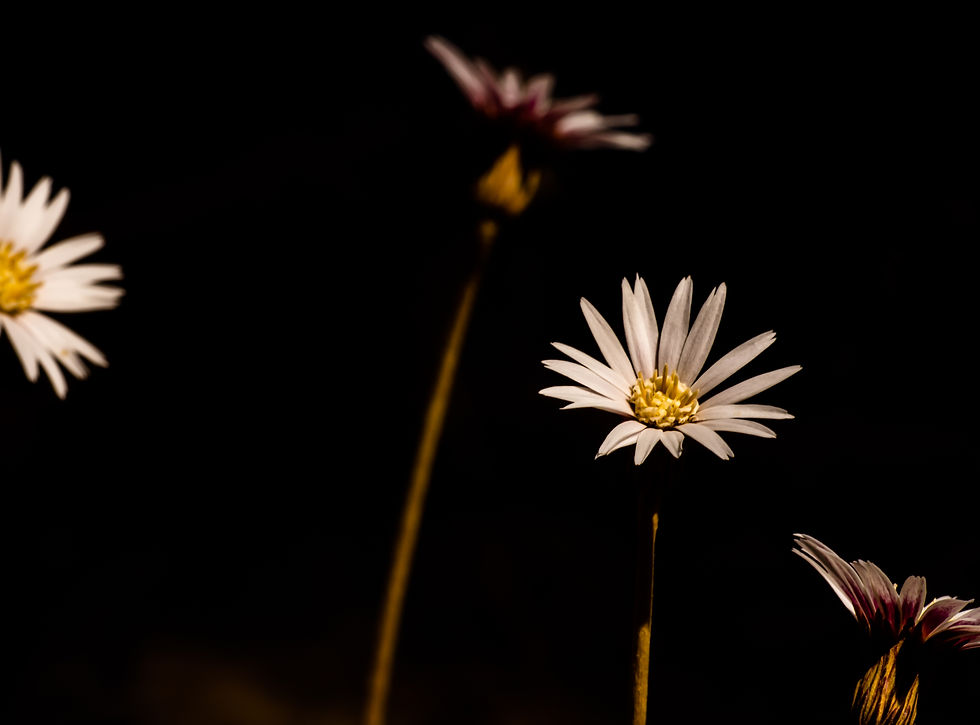



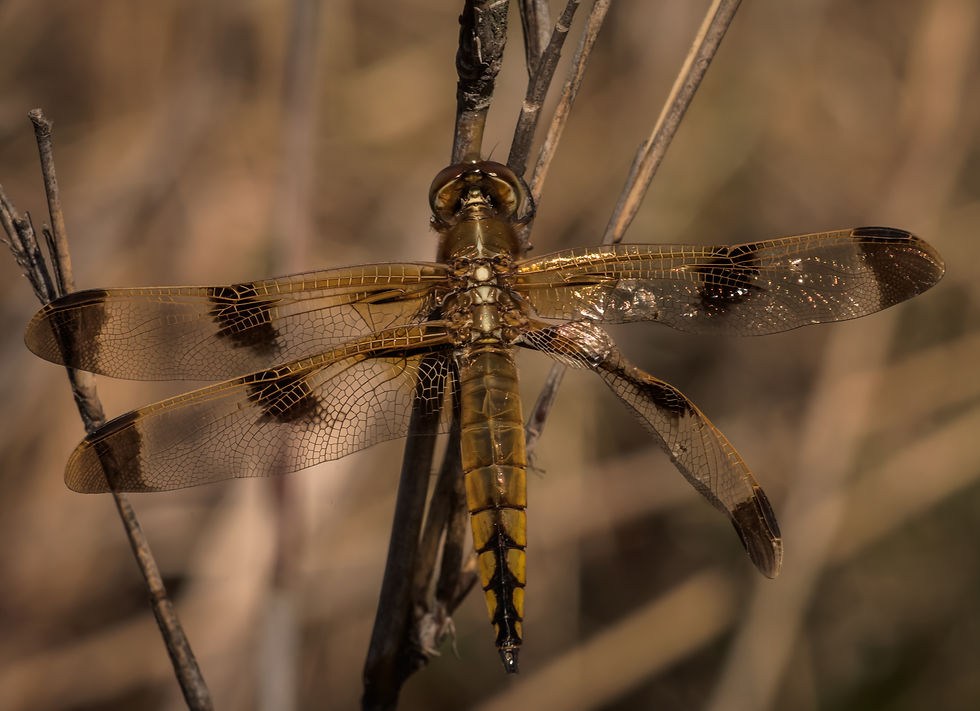

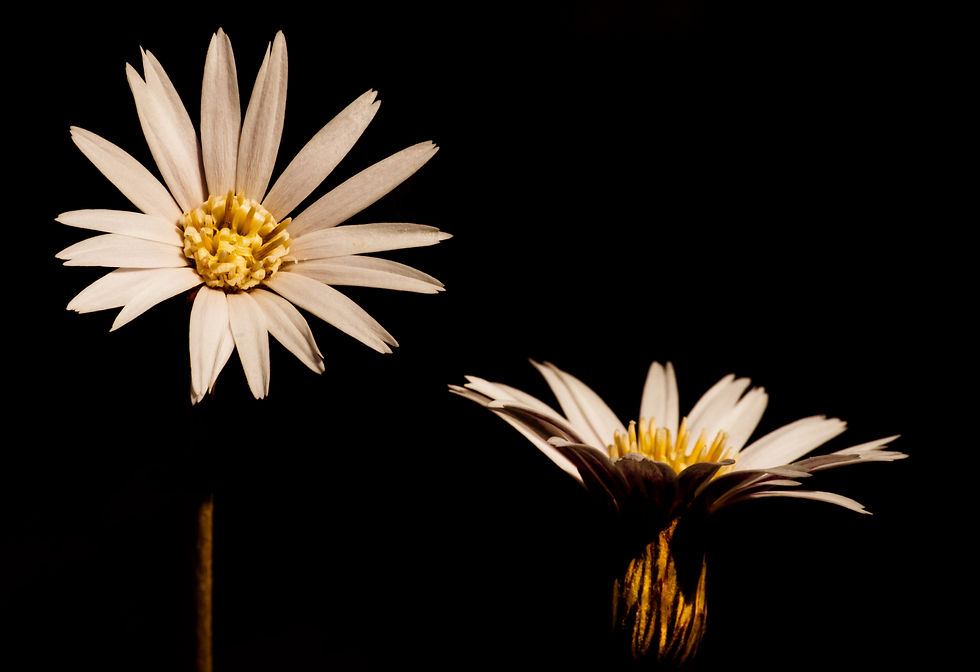

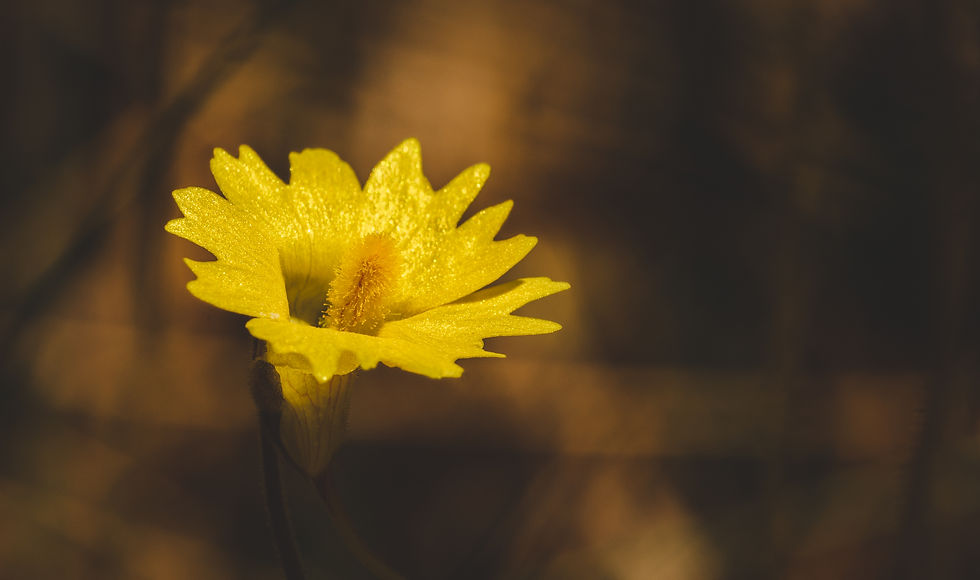
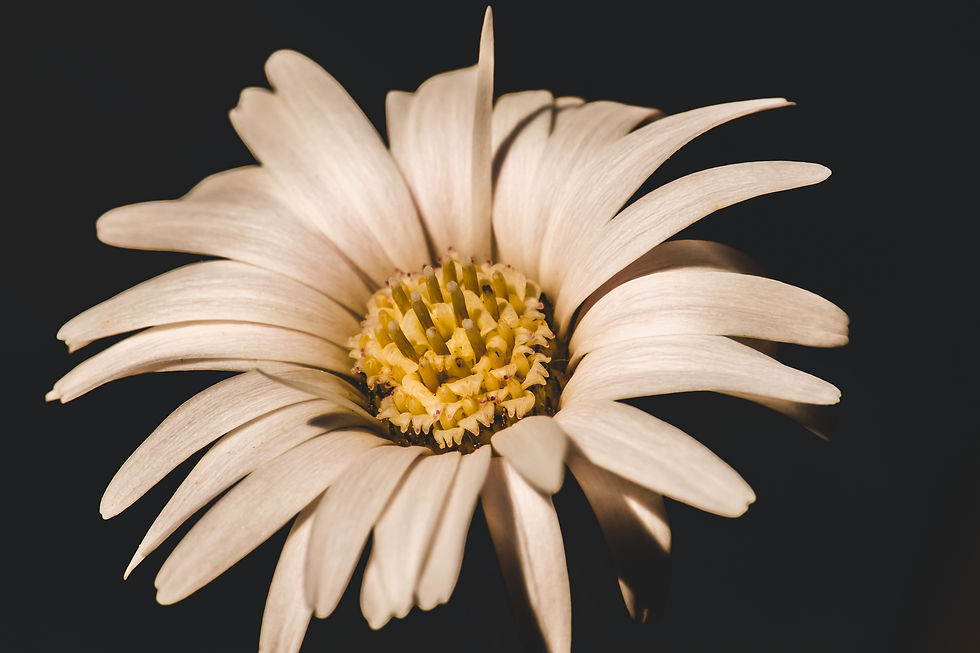




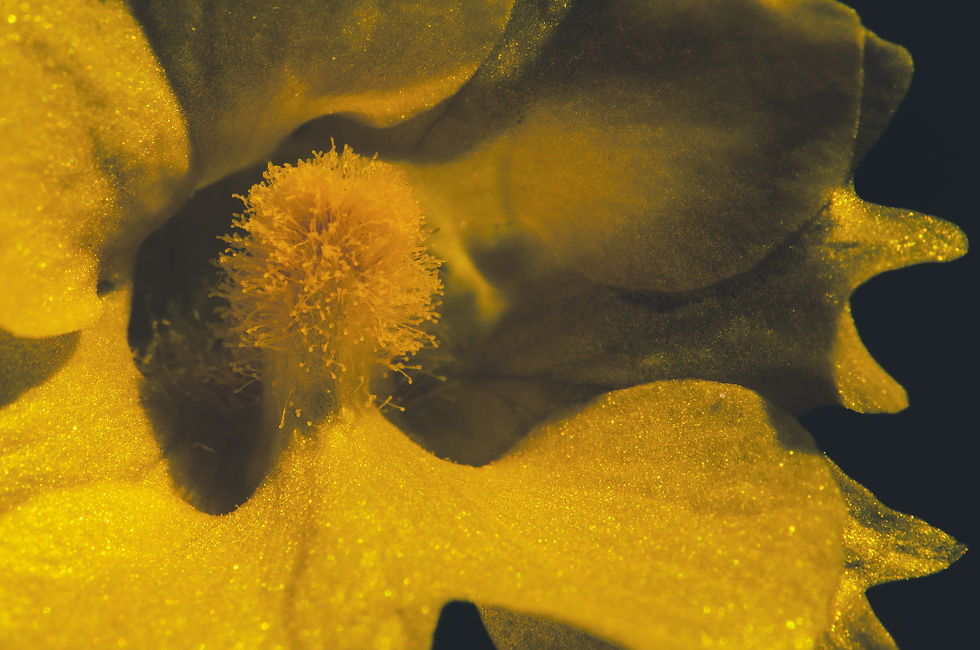

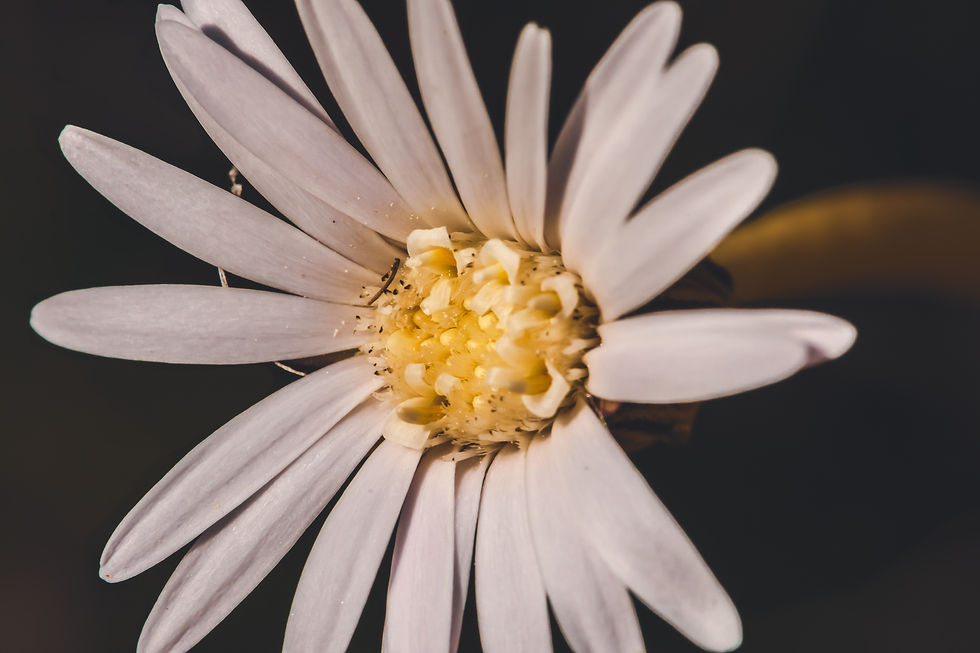

Hello faithful blog readers, welcome to the end of the blog. Many start the journey but few finish. Thank you for taking the time. If you found my meditation or photographs rewarding, please share on the social media of your choice. Or even better, subscribe to my "newsletter," as it is called. Or even better still, subscribe and share. I'm never actually sure where my thoughts come from, but the other day, I heard back from an agent who liked my work, called it important, but said, in essence anyway, that no one knows me. Well, frankly I don't care. If publishing a book means pimping myself out on social media... (They can call it "building a platform" all they want but its nothing sort of another way to scream for attention.) So anyway, I guess I am telling you this, well, I guess I'm not sure why I'm telling you this, except maybe a passive plea to pass around my stuff, cause I'm sure not gonna do it. I guess I am screaming for attention too. But at least I'm doing indirectly. I don't know. Well, I know I'm a hypocrite.
Comments